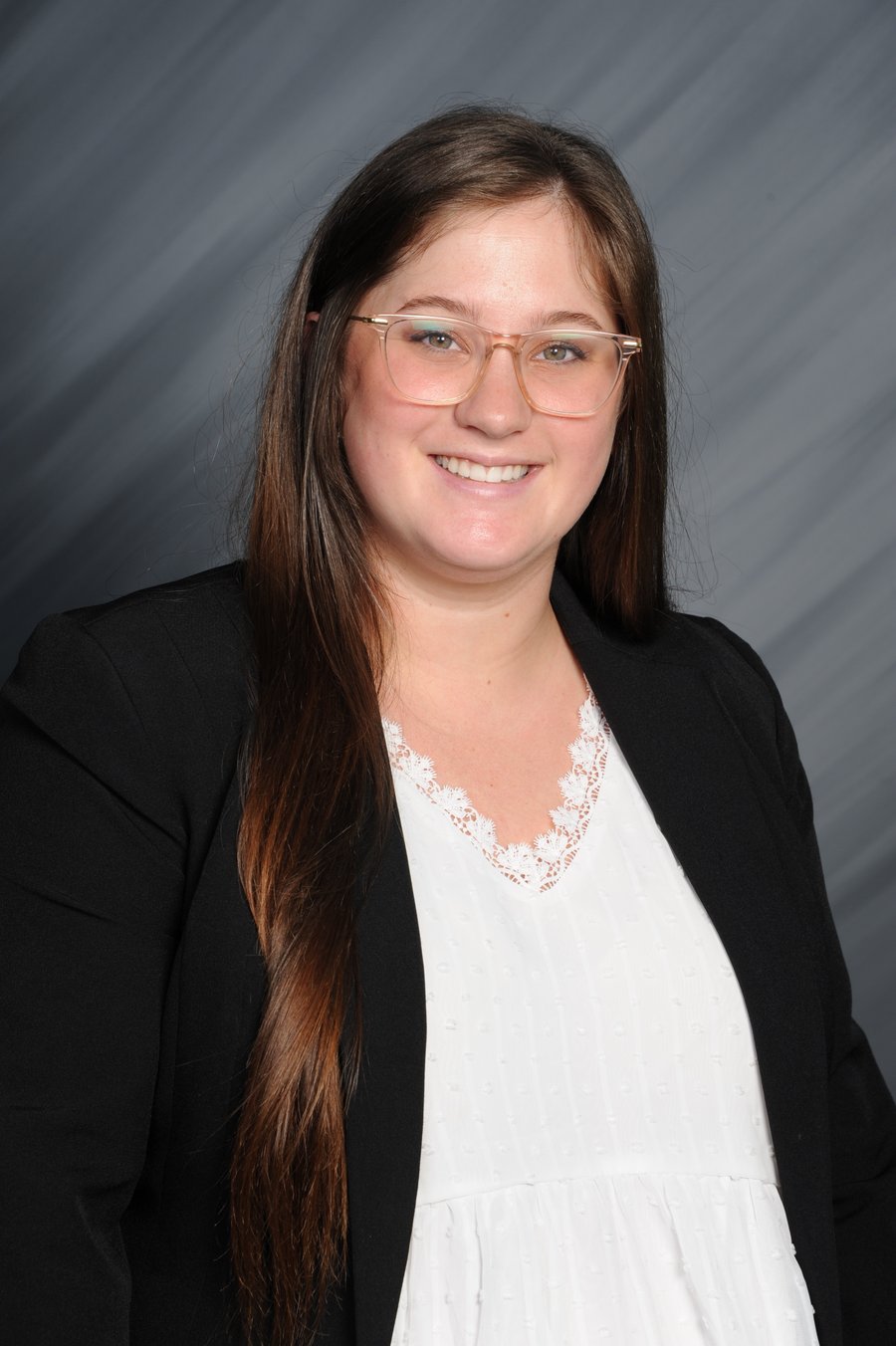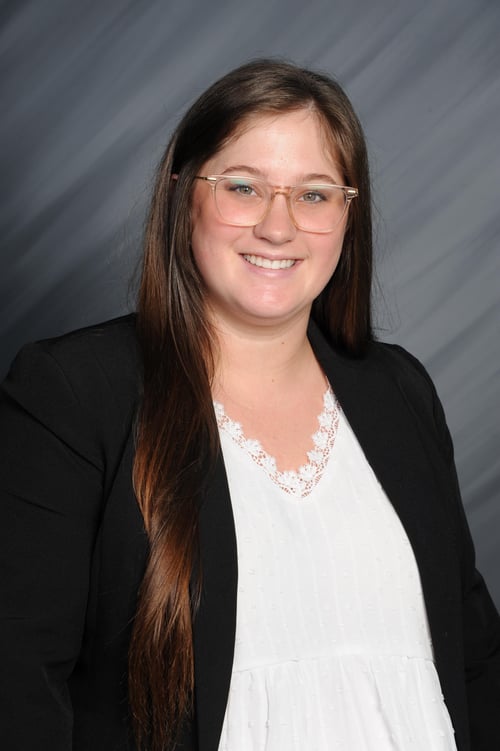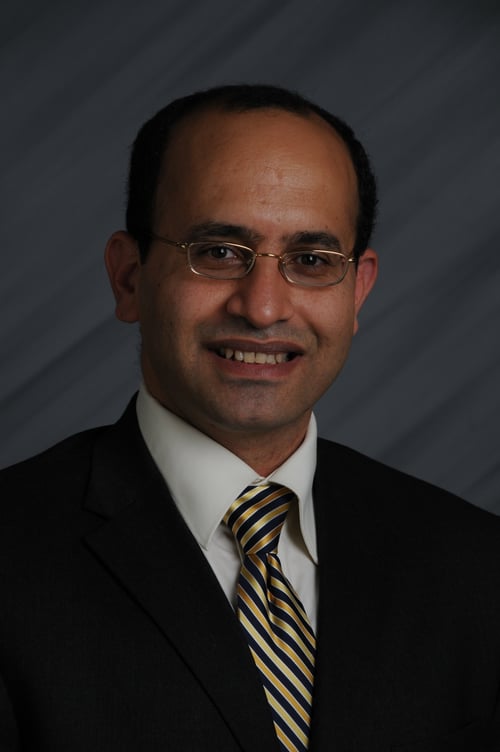
When the weather starts to cool and the holiday season starts ramping up we also head into cold and flu season. There are numerous viral illnesses possible to get during this season. Some we routinely test for like Influenza, COVID, or RSV, and some we do not such as rhinovirus or adenovirus. Largely the treatment for these viruses is the same with symptomatic support, however there are somethings you should be know.
 What is RSV?
What is RSV?
RSV stands for Respiratory Syncytial Virus. It is a virus that has seasonal outbreaks typically from November through April, with a peak in January. RSV presents with respiratory symptoms like cough, difficulty breathing, fever, and nasal congestion in all ages. It is very common and most children have had RSV by the age of two years old. Reinfection, even in the same outbreak season, is also common.
Who is most affected by RSV?
RSV is the most common cause of lower respiratory infection in infants. This is also the population that has the most hospitalizations associated with RSV. It is typically thought that the younger the patient is the harder time they will have with RSV, though death associated with RSV is rare. The most at risk population for severe RSV is preterm infants, infants with second hand smoke exposure and infants with other chronic medical conditions.
How do I get RSV?
RSV is most commonly spread through direct contact with someone who has the virus. It is thought that a patient has an incubation period, or time where they have the virus but do not have symptoms, of 4-6 days.
How is RSV diagnosed?
Clinicians may diagnose RSV based on symptoms alone given how common it is and the known outbreak seasons. There are also rapid point of care tests that can be performed using a swab. In the hospital there are different testing methods to identify RSV.
How is RSV treated?
Supportive care is the mainstay of treatment. Medications available will depend on patient age as some patients are too young for over-the-counter decongestants and cough medicine. Fever can be treated with Tylenol in all ages and Motrin once a patient is older than 6 months old. Honey is effective for cough over the age of one year old. For patients requiring hospitalization there are other interventions available.
Can RSV Be Prevented?
Can you prevent RSV 100%? No. But you can decrease your risk and the risk of your children getting RSV by preventing contact with the virus. This can include proper hand hygiene and staying away from people who are sick. There is a vaccination that can be given to mothers in their third trimester of pregnancy that helps decrease the risk of severe infection in the infant once born. This is because the vaccine passively passes to the baby in the womb. Preterm infants or those with other conditions listed above can be vaccinated prior to the start of RSV season to help with passive immunity, decreasing severity of disease.
Dr. Miller is a resident physician who sees patients of all ages and provides obstetrical services at Lone Star Family Health Center, a non-profit 501©3 Federally Qualified Health Center operating facilities in Conroe, Spring, Willis, Grangerland, and Huntsville, and serving as home to a fully integrated Family Medicine Residency Program to increase the number of Family Medicine physicians for Texas and our community.



